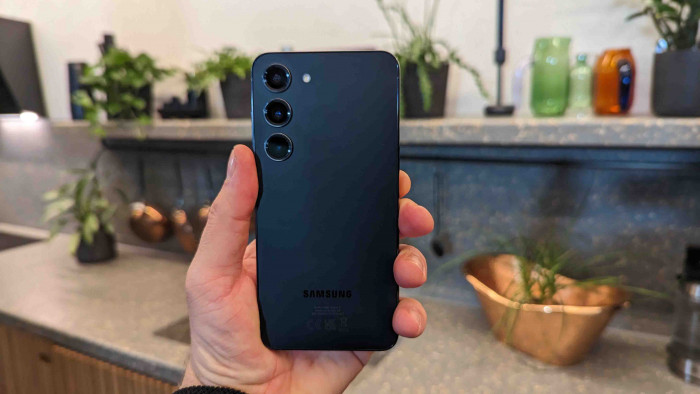What’s more British than roaming charges? They’re great, aren’t they? Do you remember, as a kid, playing conkers on a country lane, then going on holiday and being charged seven quid a day to receive texts from the cinema near your old house that you never bothered unsubscribing to because it felt like a hassle? Getting up to some good old-fashioned British japes like weeing through the letterbox of the elderly Romanian couple up the road from you, then phoning your gran to see how her holiday is going and accidentally adding £65 to her phone bill so she has to sell her late husband’s medals? Scrumping for apples then being geo-blocked into paying more for goods and services outside of the sensible Europewide ban on such practices? Lovely times. British times.
Winston Churchill would have loved roaming charges. He’d have got off the Eurostar, received a text and gleefully thrown a quid in the bin - not dans la poubelle, in the fucking bin, the stinking stupid French bin. “IT IS RIGHT THAT THIS SHOULD COST ME MONEY!” he’d have cried delightedly after a spam phone call about missold payment protection insurance cost him four pounds to receive.
Great news for roaming charge enthusiasts: they’re back! Good old sensible Brexit means we’re no longer going to be subject to European rules on net neutrality, allowing mobile phone providers to charge travelers to Europe as much as they wish. Take that, Europe! Take that! It is money. Take it. Take our money from us.
Theresa May has said that we won’t be part of the European Union’s Digital Single Market any more once the Brexit process is complete, so we can go back to the glory days before the recent abolition of mobile roaming fees and restrictions on retailer geo-blocking (geo-blocking restrictions greatly benefit the customer, preventing retailers with sites in multiple countries from buyers to use the one in their own country when it would be cheaper to buy from elsewhere in the EU).
“On digital, the UK will not be part of the EU’s Digital Single Market, which will continue to develop after our withdrawal from the EU,” she said.
“This is a fast evolving, innovative sector, in which the UK is a world leader. So it will be particularly important to have domestic flexibility, to ensure the regulatory environment can always respond nimbly and ambitiously to new developments.”
Hear that, Europe? We’ve got domestic flexibility, and we’re going to use it to pay chunky roaming fees to overseas-owned mobile phone providers, because for some reason that’s what we want.
In your face, Fritz! God save the Queen!
[Image: Pixabay]










